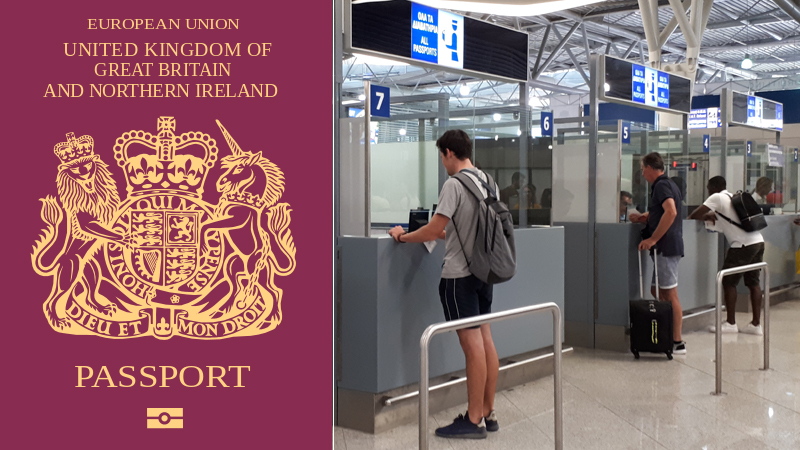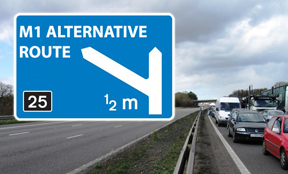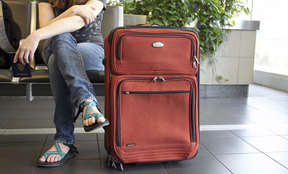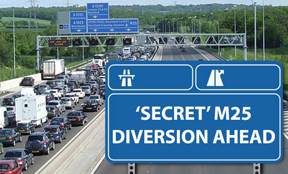
With an ever-increasing number of cases of monkeypox being reported in some areas of Africa - some air passengers are becoming increasingly concerned that travelling on planes could put them at risk of catching the virus.
Here we look at the risks of catching it while flying and what cleaning major UK airlines carry out between flights now that cases have been reported beyond Africa.
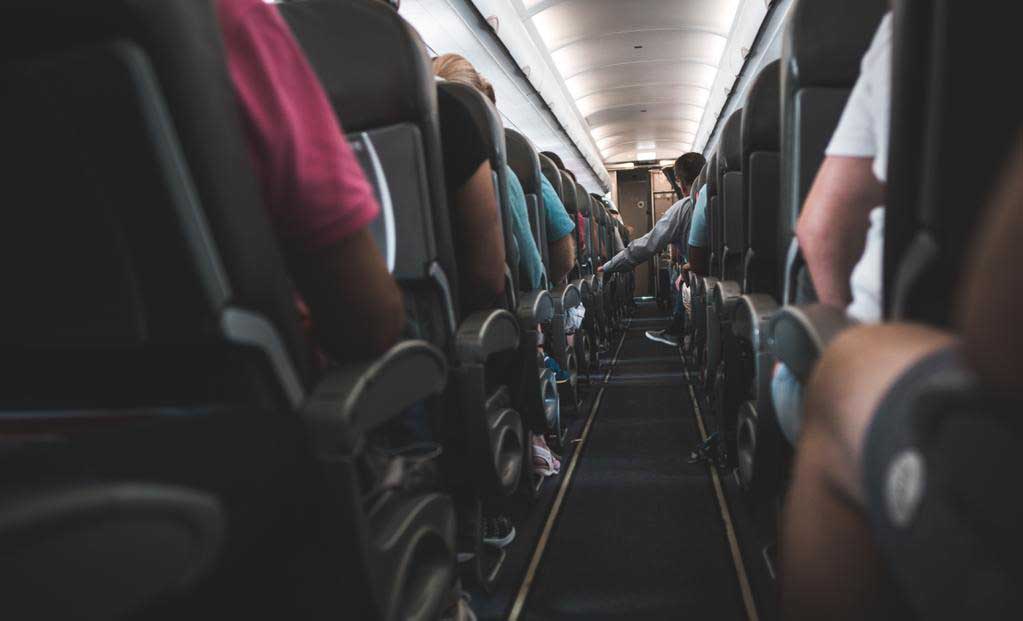 Can you catch monkey pox on a plane and what are
airlines doing to cut the risk? (Credit: Pxhere.com)
Can you catch monkey pox on a plane and what are
airlines doing to cut the risk? (Credit: Pxhere.com)
-
TABLE OF CONTENTS
-
What is monkeypox?
-
Monkeypox is now a notifiable disease?
-
Can I catch monkeypox on a plane?
-
Can I still fly if I have monkeypox
-
Monkeypox symptoms to look out for
-
How to cut the risk of catching monkeypox on a plane
-
Do airlines clean planes between flights
What is monkeypox?
The disease is typically caught from animals in areas of west and central Africa – and spread by the likes of rats and squirrels.
Monkeypox is now a notifiable disease, what does that mean?
While monkeypox is not as widespread or as deadly as Covid-19, there is a worrying trend in the amount of infections being recorded.
This concern has now resulted in monkeypox being made a designated notifiable disease from 8 June, 2022. This means all doctors in England will need to inform their local council or health protection team if they suspect a patient has the disease.
The increase in cases could mean Brits flying in and out of the UK could be at a greater risk of catching monkeypox on a plane.
Can I catch monkeypox on a plane?
In most cases, monkeypox is caught from an infected animal through being bitten or coming into contact with its blood, bodily fluids, spots, blisters or scabs. You can also catch it by eating infected meat, or fur products from infected animals.
However, while it is rare to catch the virus from an infected person, it can be caught by touching bedding, clothing or towels used by someone with the rash, or through coughs and sneezes of a sufferer, so there could be small risk of catching it on a plane.
This could be through touching a seat, table, or using a lavatory etc. The risk of this would be extremely low.
Person to person transmission could occur on a plane through the following:
Person-to-person spread is uncommon, but may occur through:
- contact with clothing or linen (including blankets or towels) used by an infected person
- direct contact with monkeypox skin lesions or scabs
- coughing or sneezing of an individual with a monkeypox rash on the plane
Can I still fly if I have monkeypox or know someone who has?
It is unlikely that airlines will allow passengers to board a flight if visibly suffering from lesions and spots.
Additionally, new government guidance has been released saying close contacts of cases with the highest risk of exposure should self-isolate for 21 days.
Monkeypox symptoms to look out for in yourself and others
The first symptoms of the disease may include the following...
- fever
- headache
- muscle aches
- backache
- swollen lymph nodes
- chills
- feeling exhausted
New symptoms have also been revealed after a review of cases by the The New England Journal of Medicine. These include a single genital lesion and other sores in the mouth or anus, according to the new paper.
Another expert, Dr John Thornhill, a sexual health consultant and lecturer at Queen Mary University of London, said that around 10% of sufferers had a single skin lesion on their genital area, while 15% experienced anal or rectal pain.
Subscribe for free motoring and travel news here - support independent journalism
Where in Europe's has monkeypox been confirmed?
Anyone heading on holiday will be concerned about sitting on a plane with people who could have the virus, so where in Europe as the holiday season starts have cases of monkeypox been confirmed?
As of recent reports, cases of the original monkeypox virus in Europe have been confirmed in various countries. Below is a list of some European nations where cases of original monkeypox have been detected - but elsewhere, Sweden confirmed a case of the more virulent version of the disease - now known as M-Pox on August 15, 2024.
- United Kingdom: One of the first European countries to report cases.
- Spain: One of the most affected countries in Europe.
- Portugal: Significant number of cases detected.
- Germany: Several cases have been confirmed across the country.
- France: Cases reported, particularly in major cities like Paris.
- Netherlands: Also reported cases of monkeypox.
- Italy: Detected multiple cases.
- Belgium: Confirmed cases.
- Sweden: Registered cases as well.
- Austria: Reported cases.
- Switzerland: Confirmed monkeypox cases.
- Greece: Also has confirmed cases.
How to cut the risk of catching monkeypox on a plane
While the risk is low, people from various destinations will come together on planes, so precautions should be taken. The following could help lessen the chances of infection:
- Do not use blankets on planes if there is the risk that they have not been washed between flights.
- Take some medicated wipes on the plane and wipe surfaces such as seat-back tables, seatbelts and arm rests.
- Do not touch reading matter left in seat pockets unless it is for safety reasons.
- Travel with hand sanitiser and use at regular intervals.
- Wear a mask while on the plane
- If at all possible, avoid using toilets on the plane, where infectious bodily fluids could be present
Do airlines clean planes between flights to tackle the likes of monkeypox?
While the risk is low, it could be possible to catch monkeypox and other viruses such chicken pox while on a plane. So what do airlines have to say about cleaning their aircraft between flights to cut the risk?
Here we look at what popular airlines flying from the UK say about cleaning their planes between flights.
Aer Lingus
Aer Lingus says: We have introduced an enhanced cleaning system on all of our aircraft. The interior of every plane is thoroughly disinfected daily. All of our aircraft are fitted with state of the art air filtration used in operating theatres in hospitals.
Air New Zealand
Air New Zealand says: Our jet aircrafts are fitted with hospital-grade air filtration systems that filter out viruses and all our aircrafts are thoroughly cleaned using anti-viral cleaners. High touch surfaces onboard are disinfected and cleaned frequently.
American Airlines
American Airline says: We clean and sanitize high-touch surfaces in the airport, like kiosks, ticket counters and seating areas. On our planes, we deep clean tray tables, seatbelt buckles, armrests, window shades, seatback screens, doors and overhead bin handles.
British Airways
British Airways says: he airline is cleaning all key surfaces including seats, screens, seat buckles and tray tables after every flight and each aircraft is completely cleaned from nose to tail every day. The air on all British Airways flights is fully recycled once every two to three minutes through HEPA filters, which remove microscopic bacteria and virus clusters with over 99.9% efficiency, equivalent to hospital operating theatre standards.
easyJet
easyJet says: On top of our current daily schedule, we’ve added even more cleaning and disinfection for aircraft cabins. Every aircraft has a daily disinfection process that provides surface protection from viruses for at least 24 hours.
The airline adds: Our aircraft are fitted with the latest, state-of-the-art filtration technology that clear 99.97% of airborne contaminants in the cabin, including viruses and bacteria. These filters are also used in hospitals and replace cabin air every few minutes."
Jet2
Jet2 says: All our planes are professionally sanitised nose to tail every day with disinfectant. Plus, they’re kitted out with HEPA filters like those used in surgical theatres. These keep the air fresh by removing 99.97% of bacteria every few minutes.
Ryanair
Ryanair says: All the aircraft are fitted with state of the art filters – which remove any airborne particles while you travel – and every aircraft is disinfected daily with chemicals that are effective for over 24 hours.
TUI
TUI says: All our aircraft are fitted with state-of-the art filtration and ventilation systems, to clean the air and flow fresh air through the cabin every few minutes.
Virgin Atlantic
Virgin Atlantic says: Electrostatic spraying of high-grade disinfectant in all cabins and lavatories before every flight, ensuring no surface is left untouched.
Wizz Air
Wizz Air says: The air inside modern airplanes is filtered to the same standard as in hospital operating rooms, as the air is changed many times through high-efficiency particulate air filters (HEPA filters) that remove 99.97% of airborne viruses and bacteria, according to the International Air Transport Association.
Information above taken from airline websites, or related content.
Most read travel content
Take a look at more of our top travel-related news and guides here...
-
Do I need six or three months on my passport for Spain, France and other EU countries?
-
Do I need an International driving permit for France, Spain and other EU countries?
-
Who can sign my passport photo... can teaching assistants sign for kids?
-
Do I need a new passport now I have put on weight, dyed hair, gone bald etc?
-
How much do passports cost now we've left the EU?
-
Can my child or other adult fly with chicken pox - what the airlines say
-
Can I change a name on a plane ticket and how much will it be?
-
How much are fast-track security lanes at UK airports and how to book them
-
Can I fly with a broken leg or other bone?
-
How much are extra legroom seats on your flight - revealed here
-
Where can I charge an electric car at UK airports?
-
Are there any free drop-off points at UK airports?
-
What airlines have defibrillators on their planes
-
What does SSSS on your boarding card mean and should you be worried?
-
What help is there for travellers with autism at UK airports?
-
Do I need a V103 certificate to drive my car abroad?
-
Do I need to get a new passport if I move home?
Subscribe for free motoring and travel news from PeteBarden.co.uk
Author: Pete Barden:
Twitter: @pete_barden
Pete Barden is a qualified journalist who has written and produced for publications including The Sun (thesun.co.uk), New Statesman Media Group, Whatcar? (Whatcar.com) Stuff Magazine (Stuff.tv), Fastcar Magazine (Fastcar.co.uk), Maxim Magazine and UK broadcast stations within the Heart network (Formerly GCAP). Pete specialises in motoring and travel content, along with news and production roles. You can find out more about Pete Barden on LinkedIn.






